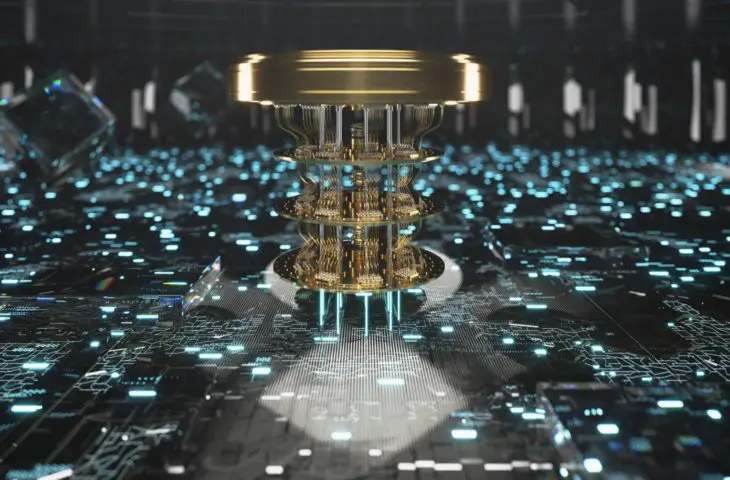Google’s new powerful quantum chip may be almost infinitely more powerful than traditional supercomputers, but breaking existing cryptographic algorithms is not yet an issue.
Google is making the case that its newly proposed quantum chip Willow is not a danger to modern cryptography. The company provided a major breakthrough in the development of functional quantum computers with its Willow chip. A test calculation that would take traditional supercomputers such as Frontier considerably longer than the age of the universe, Willow was able to bolster in just under five minutes.
In doing so, Google is taking an important step toward usable quantum computers, not least because of the technology used. Indeed, Google devised a system for quantum error correction that becomes more accurate the more qubits there are in a computer. That opens the door for more complex systems.
4 million qubits
Currently, Willow counts 105 qubits. That, according to Google, is still far too few to be a threat to modern encryption techniques. There will come a time when quantum computers will crack traditional encryption with ease, but that time is not yet at hand. Speaking to The Verge, Charina Chou, Google Quantum AI director, says a quantum computer will need about four million qubits to do so. She estimates that such a system will be at least a decade away.
This does not mean that there is no danger. At the state level, sensitive information is sometimes sensitive for more than a decade. That means data must be encrypted with quantum-resistant algorithms well before a powerful quantum computer sees life. Such standards have been in the works for some time.
